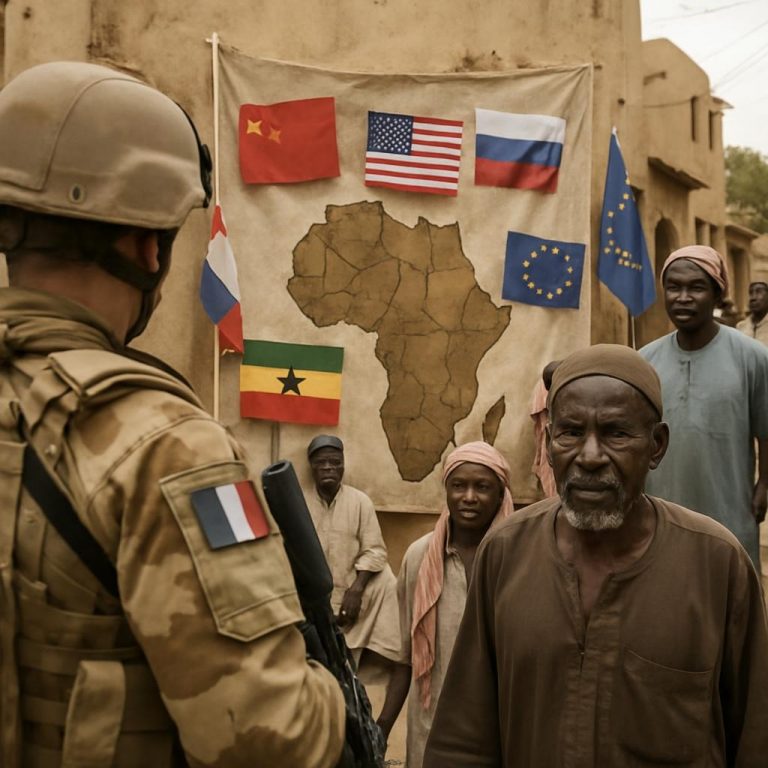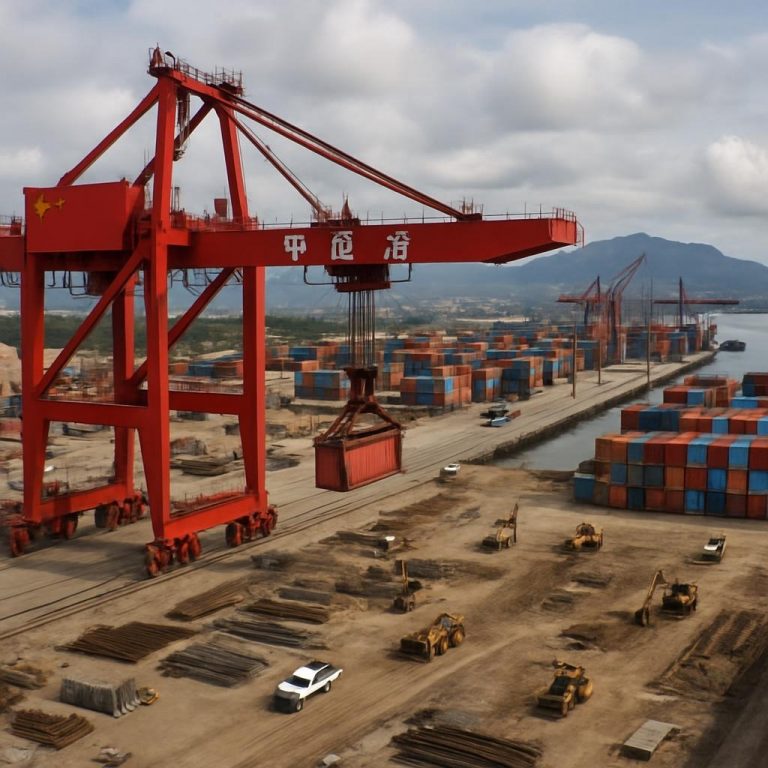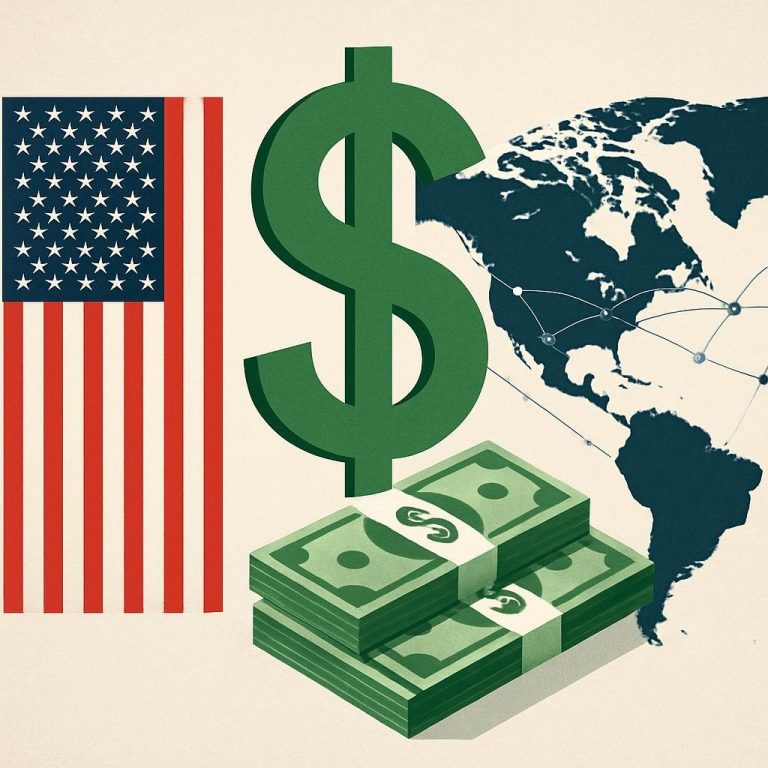
Israel’s potential ground incursion into southern Lebanon aims to dismantle Hezbollah’s military infrastructure but faces entrenched defenses, diplomatic fallout, and regional escalation risks.
Keywords: Israel-Hezbollah conflict, southern Lebanon, IDF ground offensive, tunnel warfare, regional escalation, UN response, Hezbollah retaliation, Israeli public opinion, Lebanon collapse, covert strategies
🛡️ Strategic and Military Considerations
- Primary Objectives: Israel seeks to destroy Hezbollah’s rocket launchers, command centers, and tunnel networks to prevent future attacks Aljazeera.
- Hezbollah’s Preparedness: Hezbollah has fortified positions, underground bunkers, and a vast arsenal, making it highly prepared for asymmetric warfare PBS.
- Terrain Challenges: Southern Lebanon’s rugged hills, dense vegetation, and urban villages complicate maneuverability and expose IDF troops to ambushes PBS.
- Feasibility of Dismantling Infrastructure: While airstrikes have degraded some assets, a full dismantling via ground operations is unlikely without prolonged occupation France 24.
- Air and Naval Support Role: The Israeli Air Force and Navy would provide precision strikes, surveillance, and logistical support, but cannot fully neutralize entrenched positions The Times of Israel.
- Tunnel Networks Impact: Hezbollah’s tunnels allow stealth movement, surprise attacks, and supply continuity, posing major threats to IDF forces Foundation for Defense of Democracies.
- Civilian Infrastructure Targeting: Israel has previously targeted dual-use sites, raising concerns over civilian harm and international law violations The Times of Israel.
- Casualty Risks: Sustaining a ground offensive without significant casualties is unlikely, given Hezbollah’s guerrilla tactics and terrain advantage PBS.
🌍 Political and Diplomatic Implications
- Lebanese Government Response: Lebanon would likely condemn the incursion, but its fragmented political structure limits unified action Aljazeera.
- UN and Global Reaction: The UN and many states would call for restraint, citing violations of sovereignty and humanitarian risks PBS.
- Risk of Regional Conflict: Iran and Syria could activate proxy forces or escalate militarily, turning the conflict regional France 24.
- U.S. Response: The U.S. may support Israel diplomatically but urge de-escalation to avoid broader war PBS.
- Risk of Alienating Allies: A unilateral offensive could strain ties with European and Arab allies, especially if civilian casualties mount Aljazeera.
- International Law Concerns: Targeting civilian areas or disproportionate force could violate UN resolutions and Geneva Conventions The Times of Israel.
🏠 Domestic Impact and Public Opinion
- Israeli Public Opinion: Public support depends on perceived necessity and casualty levels. Prolonged conflict could erode backing PBS.
- Societal and Economic Impact: A long war would strain Israel’s economy, disrupt daily life, and deepen political divisions France 24.
- Lebanese Civilian Response: Civilians may flee en masse, and destruction could fuel resentment and humanitarian crises Aljazeera.
- Hezbollah’s Domestic Support: Israeli aggression could boost Hezbollah’s legitimacy as a resistance force, especially in Shia communities PBS.
🚀 Hezbollah’s Capabilities and Response
- Retaliation Potential: Hezbollah could launch thousands of rockets, targeting Haifa, Tel Aviv, and infrastructure France 24.
- Rocket and Drone Threats: Their arsenal includes precision-guided missiles and drones, which could challenge Iron Dome defenses Foundation for Defense of Democracies.
- Cross-Border Raids: Hezbollah has trained units for infiltration, posing risks to northern Israeli towns PBS.
- Regional Allies’ Role: Iran, Syria, and Iraqi militias could open new fronts or supply Hezbollah, escalating the conflict France 24.
📉 Long-Term Consequences
- Hezbollah’s Resilience: Even if weakened, Hezbollah could regroup with Iranian support, making permanent defeat unlikely PBS.
- Northern Israel Security: The region would remain vulnerable to future attacks, requiring long-term military presence Aljazeera.
- Lebanon’s Stability: The war could cripple Lebanon’s economy, deepen sectarian divides, and risk state collapse France 24.
- Regional Spillover: Escalation could draw in Iran, Syria, and Gulf states, destabilizing the broader Middle East PBS.
🧭 Alternatives and Risk Mitigation
- Non-Ground Alternatives: Israel could pursue precision airstrikes, cyber operations, and intelligence-led sabotage The Times of Israel.
- Diplomatic and Covert Strategies: Options include backchannel diplomacy, sanctions on Hezbollah’s financiers, and regional pressure on Iran Foundation for Defense of Democracies.
🎥 Recommended Documentaries
Here’s a curated list of documentaries that explore these dynamics:
| Title | Focus | Link |
|---|---|---|
| Lebanon: Borders of Blood (Al Jazeera) | History of Israeli-Lebanese conflict | Watch here |
| The War Next Door (Vice) | Hezbollah’s tactics and Israeli border tensions | Watch here |
| The Rise of Hezbollah (PBS Frontline) | Hezbollah’s evolution and regional role | Watch here |
| Lebanon: Battleground of Proxies (France24) | Iran-Israel proxy dynamics | Watch here |
| Iron Dome: Israel’s Shield (DW Documentary) | Israeli defense systems | Watch here |





